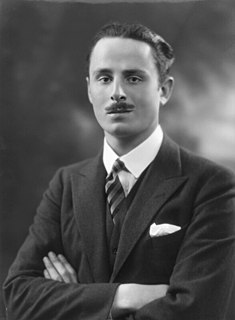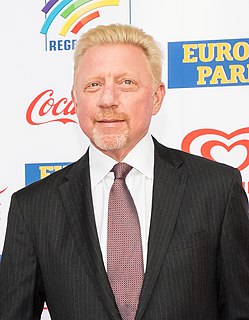A Quote by Gary Hamel
In most organizations, change comes in only two flavors: trivial and traumatic. Review the history of the average organization and you'll discover long periods of incremental fiddling punctuated by occasional bouts of frantic, crisis-driven change.
Related Quotes
I was lucky enough to build on the work of a number of people who had already run laps around this theory-building track. The original classification scheme, years ago, distinguished radical from incremental change. The theory said that established firms managed incremental change well, but would be expected to founder when their industry encountered a radical change.
One of the difficulties in bringing about change in an organization is that you must do so through the persons who have been most successful in that organization, no matter how faulty the system or the organization is. To such persons, you see, it is the best of all possible organizations, because look who was selected by it ad look who succeeded most in it. Yet, these are the very people through whom we must bring about improvements.
Two years gives you enough time to grow and to change, and to, you know, change your priorities. Change where you live, change your hair, change what you believe in, change who you hang out with, what’s influencing you, what’s inspiring you. And in the process of all of those changes in the last two years, my music changed.

































